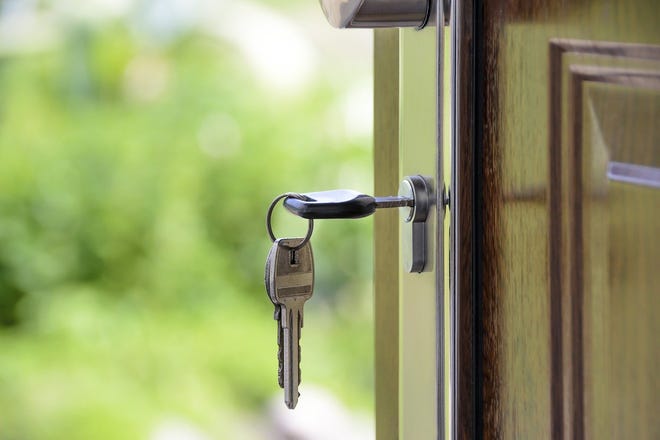If increased energy bills have been a pain in the you-know-what this winter, you don’t have to struggle to make your payments.
Delmarva Power has a variety of programs and payment options that can assist people with paying their bills. The company also helps connect customers with local, federal and other funding that may be available to help meet their energy needs.
What are my heating bill payment options?
In 2022, Delmarva Power aided 20,202 customers in securing more than $49 million in energy assistance and funding that helped them pay energy bills, money that those in need did not need to pay back, according to press materials from the company.
Energy bill payment plans include options like flexible payment arrangements tailored to a customer’s specific needs and extending payment periods for balances where possible. To discuss payment arrangements, contact Delmarva Power at (800) 375-7117 or visit delmarva.com/EnergyAssistance to learn more about energy assistance options.
What other home heating resources are available?
In addition to these resources, Delmarva Power has programs to help customers manage their energy bill. Budget Bill averages a household’s annual energy cost to create balanced and predictable monthly payments over a 12-month period. This helps avoid seasonal spikes and maintain consistency while still allowing customers to see their actual energy usage, the company says.
Why your energy bills might be higher:Winter energy bills are going up in Delaware. Find out how much and how to save.
What to do if you can’t pay your bills
If you need assistance paying your bills this winter, there are state organizations and charities that can help.
- The Low-Income Home Energy Assistance Program (LIHEAP) and Catholic Charities help families struggling to meet their home energy costs in the form of fuel assistance and crisis assistance. Grants are provided in varying amounts based on a household’s income, type of fuel and type of dwelling. Delaware customers can apply by contacting their county’s Catholic Charities by calling (302) 674-1782 in Kent County, (302) 654-9295 in New Castle County and (302-856-6310) in Sussex County.
- The Good Neighbor Energy Fund is a monetary reserve provided by Delmarva Power made up of customer donations and matched by the company. It can be used by any Delmarva power customer in Delaware.
- The Delaware Housing Assistance Program aids renters impacted by the pandemic. Anyone facing difficulty with late or current utility bills can apply for help.
- The Department of Natural Resources and Environmental Control offers a Weatherization Assistance Program to help low-income households fix leaky homes with drafty doors or windows, and poorly insulated walls, pipes and crawl spaces. Professionals from the program assess each home and provide weather-stripping, energy efficient light bulbs, insulation and other energy-saving measures free of charge.
How to save on energy bills
In addition to the price of natural gas or heating oil, the condition of your heating and cooling systems, weather and your energy usage habits can influence the size of your bill.
Periods of cold weather such as in early morning and evening cause heating devices to work harder and use more energy to keep homes warm. This increased energy usage, paired with more adults working from home, contributes to higher bills.
Tips for combatting these factors include:
- Setting thermostats a few degrees lower in the winter.
- Keeping heat pumps at the same setting throughout the season.
- Changing filters monthly.
- Making fireplaces airtight.
Homes also should be checked for air leaks annually if you have a forced-air heating system. Small leaks can be easily repaired by covering holes or cracks with duct tapes while bigger ones may require caulking.

Services to weatherize your home also can be useful in keeping the heat in your home by using weather stripping around windows and doors and insulation in roofs and attics.
Outside of the colder months, there are still a number of ways to cut unnecessarily high utility costs, including:
- Unplugging unused electrical devices when you leave a room to conserve energy.
- Dusting or vacuuming radiators to maintain efficiency and regularly tuning up heating and cooling equipment are all ways to lower bills.
- Installing storm windows and opening blinds in the winter to let sunlight in.